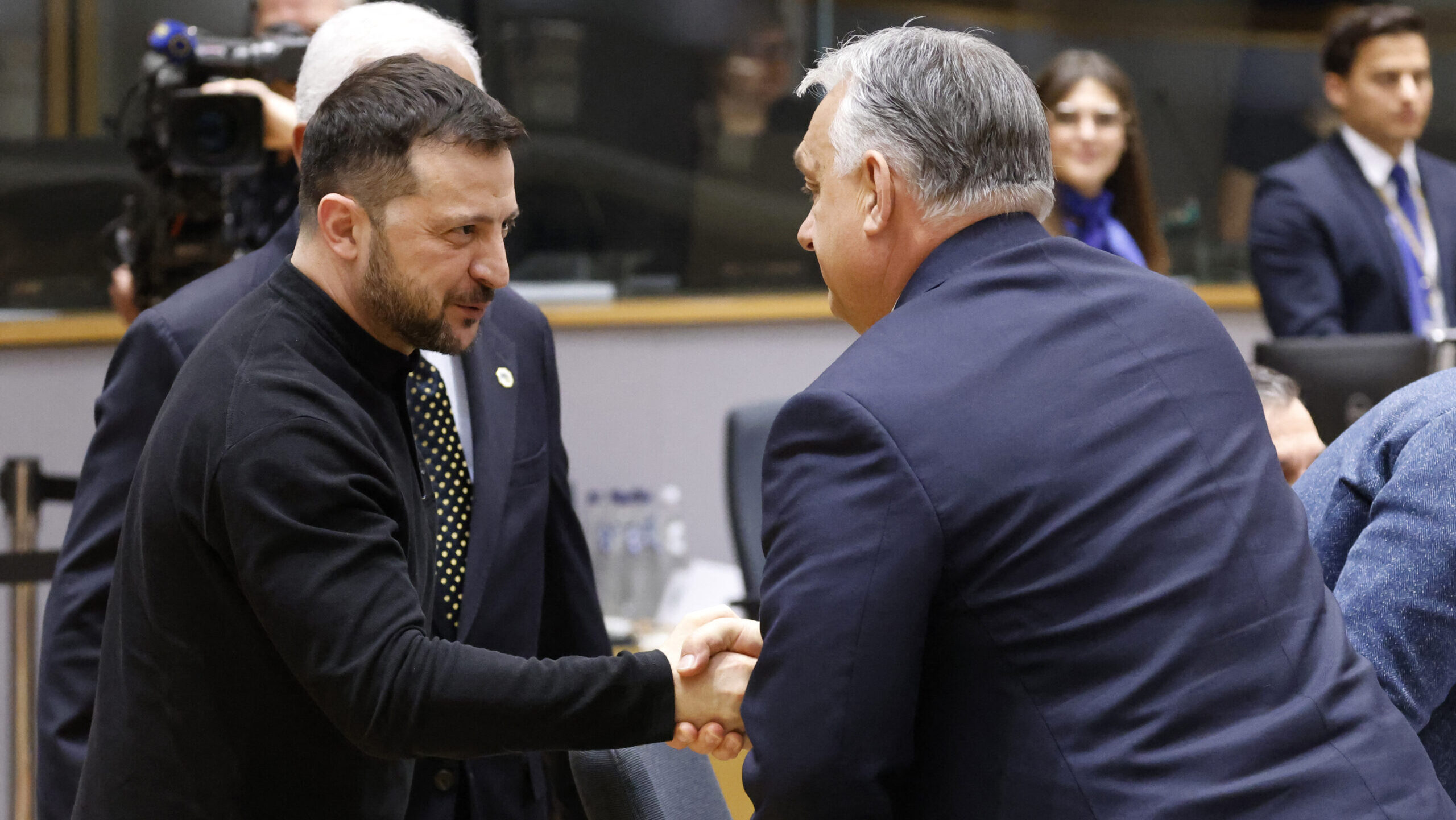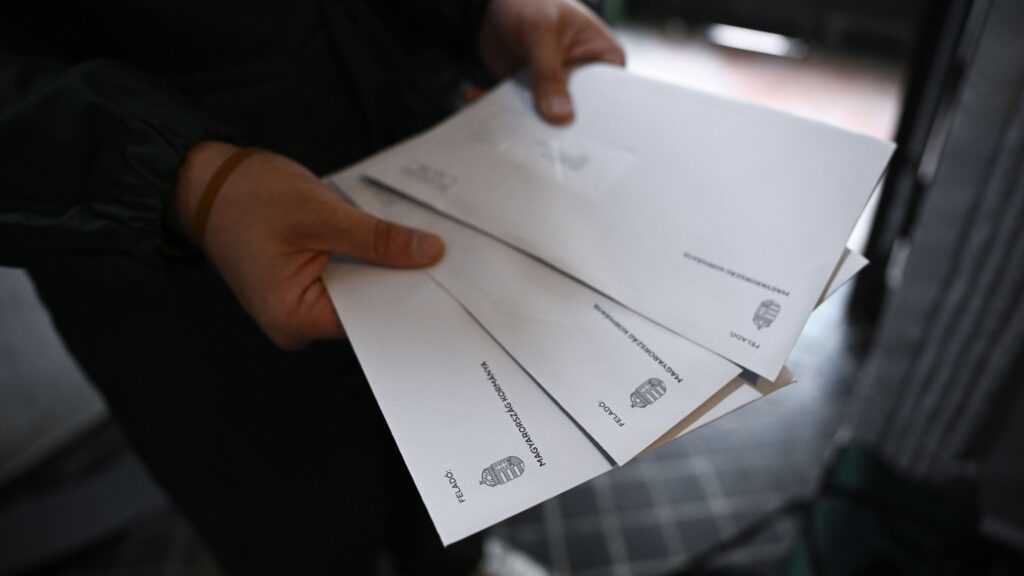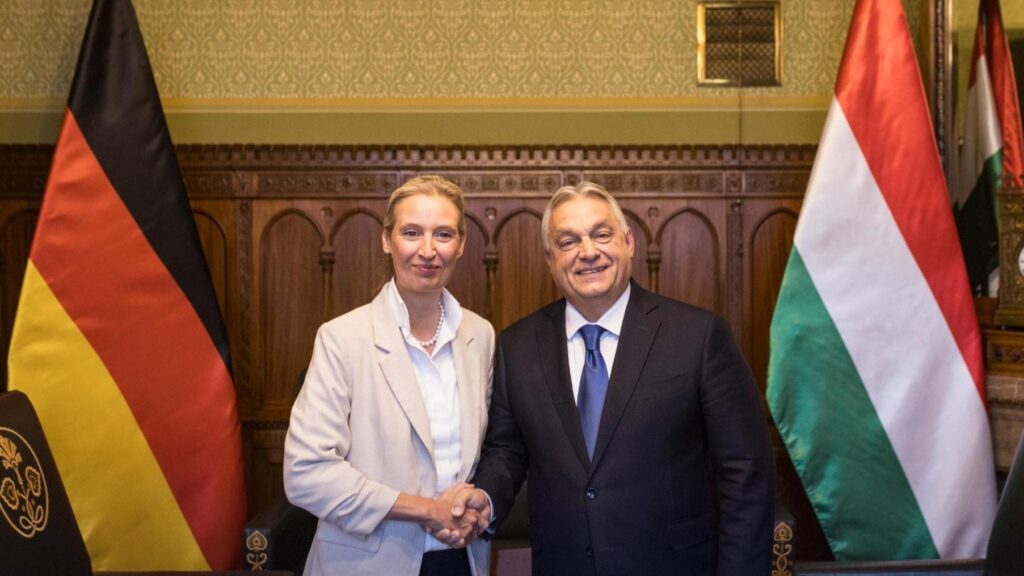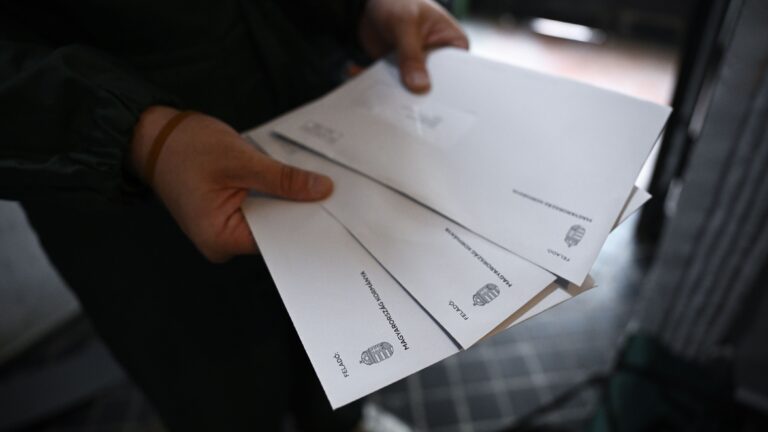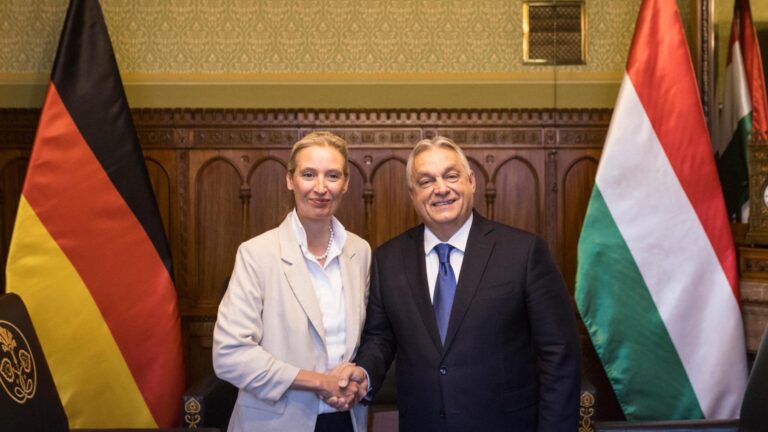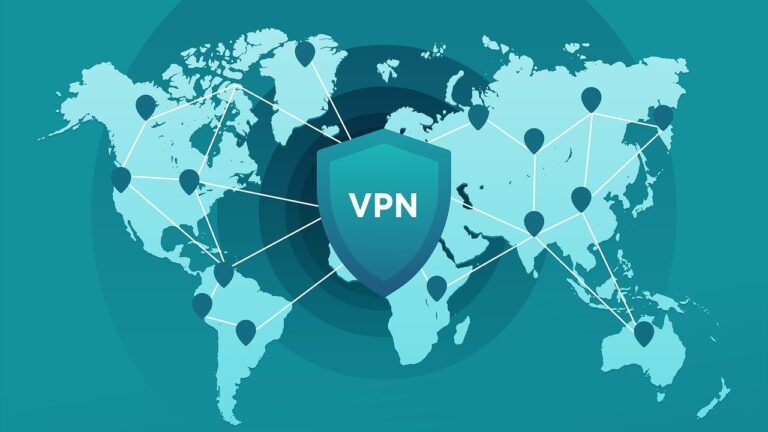Ukrainian President Volodymyr Zelenskyy and Hungarian Prime Minister Viktor Orbán engaged in a war of words on X after the annual summit of NATO member state leaders began on Tuesday night in The Hague, the Netherlands.
Although Zelenskyy will not attend the working meeting scheduled for Wednesday—for the first time since 2022—the Ukrainian president was invited to Tuesday night’s opening dinner, where he also held talks with European Commission President Ursula von der Leyen, European Council President António Costa, and NATO Secretary General Mark Rutte. Following the meeting, Zelenskyy posted on X that the discussion had focused, among other things, on Ukraine’s accession to the European Union. ‘It is important that the leaders of the member states reach a common decision to open the first negotiation cluster. It is unfair when a single party blocks the Union’s decision,’ Zelenskyy wrote, clearly alluding to the Hungarian government’s position, which has been obstructing Kyiv’s fast-track accession.
Volodymyr Zelenskyy / Володимир Зеленський on X (formerly Twitter): “I had a joint meeting with the Presidents of the European Council and the European Commission, and the NATO Secretary General – António Costa @eucopresident, Ursula von der Leyen @vonderleyen, and Mark Rutte @SecGenNATO. We are working to ensure unity among all our allies.We… pic.twitter.com/4HePCCUyUF / X”
I had a joint meeting with the Presidents of the European Council and the European Commission, and the NATO Secretary General – António Costa @eucopresident, Ursula von der Leyen @vonderleyen, and Mark Rutte @SecGenNATO. We are working to ensure unity among all our allies.We… pic.twitter.com/4HePCCUyUF
Hungary opposes Ukraine’s EU membership bid primarily for economic reasons. In a radio interview in March, Orbán highlighted the near-collapse of Hungary’s agricultural sector following the partial opening of trade between Ukraine and the EU, identifying agriculture as the most vulnerable sector should full membership proceed. He also raised security concerns, citing the large number of armed individuals in Ukraine and the risks associated with their unrestricted movement into Hungary.
In March, Orbán pledged to veto every European Council joint conclusion related to Ukraine until the Hungarian people had expressed their will on Kyiv’s fast-track EU accession—a reference to a public vote initiated by the government. That vote concluded last week, with more than two million people casting their ballots. The Ukrainian Foreign Ministry condemned the vote as a government-led effort to incite ‘baseless hatred’ against Ukraine.
Responding to Zelenskyy, Orbán reiterated that the European Union was founded to bring peace and prosperity to its member states. ‘Accepting a country that is at war with Russia would immediately drag the EU into a direct conflict,’ Orbán warned. He added that ‘it is unfair to expect any member state to take this risk.’
Orbán Viktor on X (formerly Twitter): “President, with all due respect: the European Union was founded to bring peace and prosperity to its member states. Accepting a country that is at war with Russia would immediately drag the EU into a direct conflict. It is unfair to expect any member state to take this risk. / X”
President, with all due respect: the European Union was founded to bring peace and prosperity to its member states. Accepting a country that is at war with Russia would immediately drag the EU into a direct conflict. It is unfair to expect any member state to take this risk.
Although the official result of the public vote has not yet been released, most opinion polls conducted in Hungary indicate that a majority of citizens oppose Ukraine’s EU accession. This sentiment aligns with a broader regional trend: as Kyiv Independent reported in January, only around 35 per cent of Poles support Ukraine’s NATO and EU membership, with nearly half opposing it. A survey from April 2024 found that 40 per cent of Czechs and 46 per cent of Slovaks are also against Ukraine’s accession. Austria, Bulgaria, and Greece are among other EU countries where public opinion remains firmly opposed to Kyiv’s rapid integration into the bloc.
Read more:

